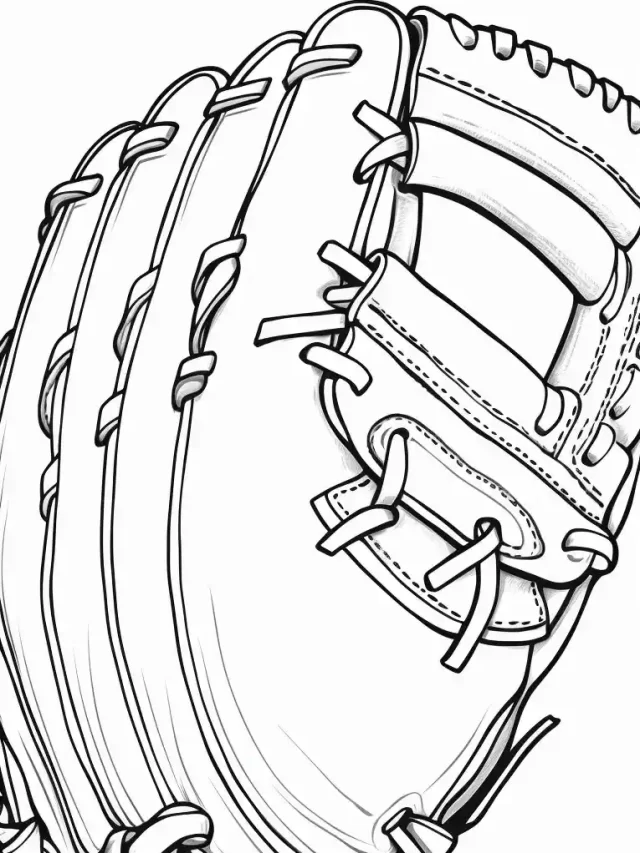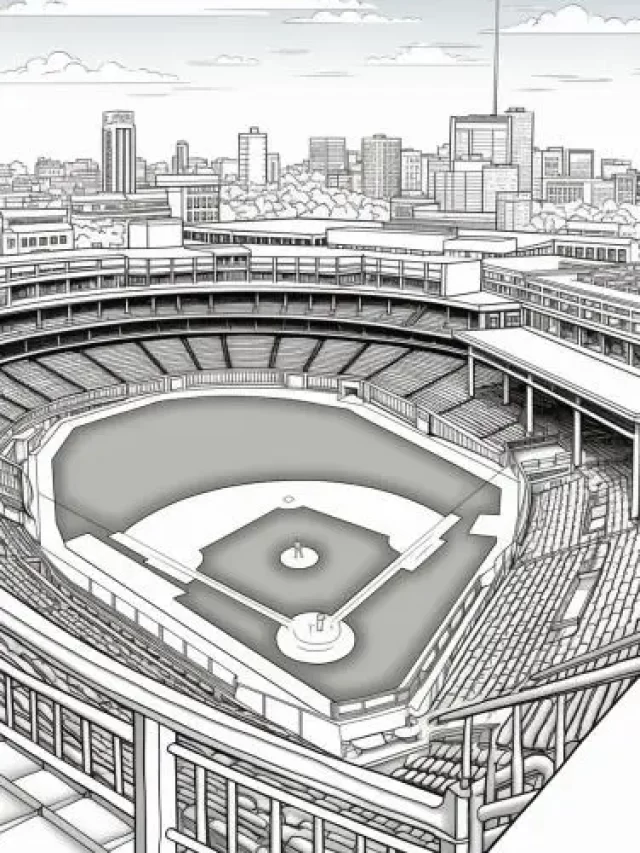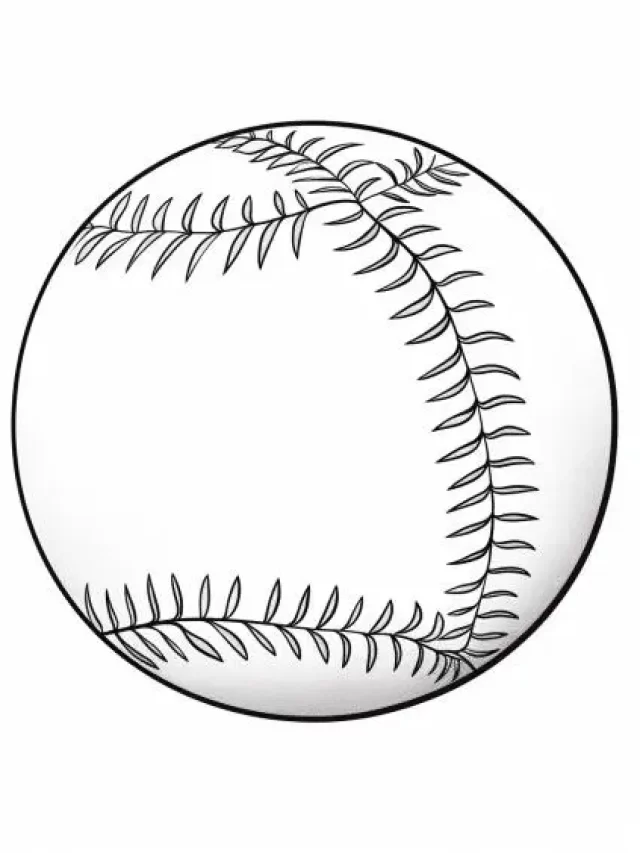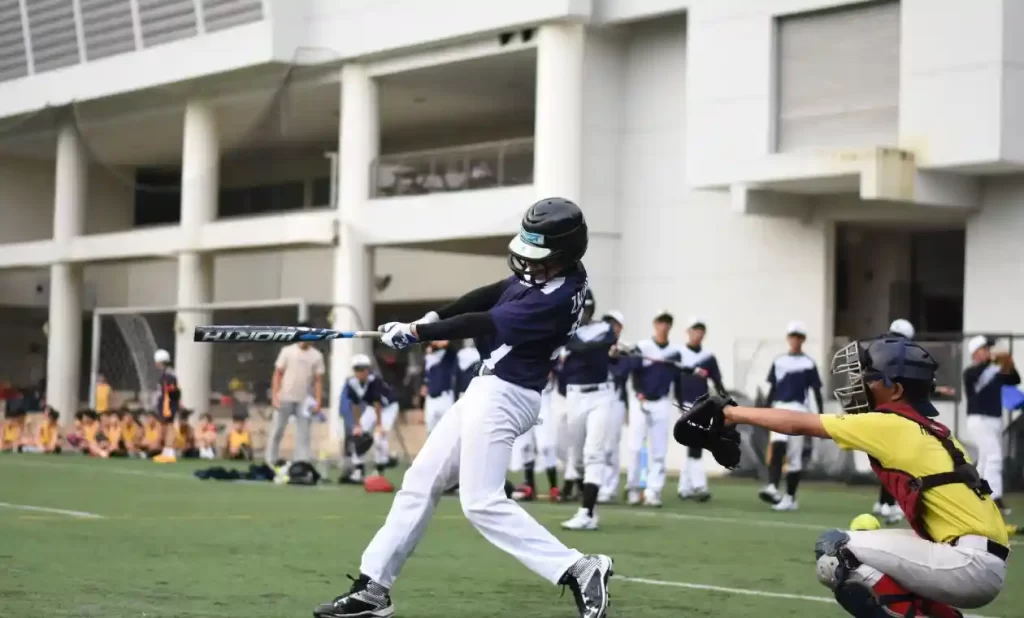
How much do minor league baseball players make? For years, these aspiring athletes have toiled away in the minor leagues, dreaming of making it to the big leagues and earning the big bucks. But the reality has often been a far cry from the glamorous lifestyle enjoyed by their major league counterparts. That is, until now.
A recent collective bargaining agreement between the Minor League Baseball Players Association and Major League Baseball has brought about significant changes in player salaries. Approved by more than 99% of minor league players, this agreement aims to address the historical underpayment of minor league players and bridge the gap between their earnings and those of major league players.
So, just how much will minor league players be making under the new agreement? And what other benefits will they receive? Let’s dive into the details and explore the impact these changes will have on the financial lives of minor league baseball players.
Key Takeaways:
- The recent collective bargaining agreement brings significant changes in player salaries for minor league baseball players.
- Minimum salaries for minor league players will see a substantial increase, providing them with a more livable income.
- In addition to higher salaries, minor league players will also receive other forms of compensation and benefits.
- The collective bargaining agreement also brings about changes in the structure of the minor leagues.
- The agreement reflects a growing recognition of the importance of fair wages and improved working conditions for all professional baseball players.
Minimum Salaries for Minor League Players
Under the new collective bargaining agreement, minimum salaries for minor league players will see a significant increase. These higher minimum salaries aim to provide minor league players with a more livable income and improved financial conditions.
Here is a breakdown of the salary increases for different levels of minor league players:
- Rookies: Salaries will rise from $4,800 to $19,800
- Low Class A: Salaries will grow from $11,000 to $26,200
- High Class A: Salaries will increase from $13,800 to $27,300
- Triple-A: Salaries will experience an increase from $17,500 to $35,800
These salary increments are significant and will provide minor league players with improved financial stability, allowing them to focus more on their development as professional athletes.
Minor league players have long struggled with low wages, often earning below the federal minimum wage and overtime pay. The increase in minimum salaries will bring their earnings closer to a livable income and ensure that they are fairly compensated for their dedication and contribution to the sport.
This change in the collective bargaining agreement reflects a positive shift towards recognizing the value of minor league players and improving their overall working conditions. By providing them with better financial support, these players will have the opportunity to focus on their careers and reach their full potential.
Additional Compensation and Benefits
In addition to higher minimum salaries, the new collective bargaining agreement also includes other forms of compensation and benefits for minor league players. These additional provisions aim to improve the overall financial stability and well-being of minor league players.
Housing and Accommodations
Most minor league players will be provided with guaranteed housing, ensuring they have a place to live throughout the baseball season. Players at the Double-A and Triple-A levels will be provided with a single room, offering them increased privacy and comfort.
Offseason Pay and Training
Prior to the new agreement, minor league players did not receive pay during the offseason. However, under the new terms, players will now be compensated for their time off the field. This provision helps address the financial challenges faced by minor league players and provides them with a more stable income throughout the year.
Retroactive spring training pay will also be granted to minor league players, ensuring they are compensated for their participation in this crucial training period. Additionally, players will receive weekly payments for spring training, offseason training camp, and offseason workouts at home.
Player Rights and Benefits
The collective bargaining agreement grants players several important rights and benefits to protect their interests and well-being. Some of these rights include:
- Second medical opinions
- Access to a 401(k) plan
- Arbitration process for contesting discipline
These provisions aim to provide minor league players with necessary resources and support, ensuring they have fair treatment and access to important benefits.
Changes in Minor League Structure
The collective bargaining agreement between the Minor League Baseball Players Association and Major League Baseball not only addresses player salaries but also brings about significant changes in the structure of the minor leagues. These changes aim to enhance the overall working conditions and opportunities for minor league players.
MLB has made a commitment to maintain the current number of minor league affiliates, ensuring that there will be no reduction from the existing 120 teams.
However, starting in 2024, teams will face restrictions on the number of players they can have under contract during the season and offseason. The maximum number of players allowed will be reduced, which may have an impact on the total number of minor league jobs available.
Despite this reduction, it is important to note that the changes also come with improved benefits and increased salaries for minor league players. These enhancements aim to provide a better and more sustainable working environment for aspiring baseball players.

Historical Underpayment of Minor League Players
Prior to the recent collective bargaining agreement, minor league players have been historically underpaid. While the minimum salary for MLB players is now $700,000 per year, minor league players earned significantly less. Salaries in the minor leagues ranged from around $4,800 to $14,000 per year, far below the federal minimum wage and overtime pay. This disparity in earnings led to many minor league players struggling to make ends meet and taking on additional jobs during the offseason.
The recent changes in the collective bargaining agreement aim to address and rectify this issue, providing fairer compensation for minor league players. The new minimum salaries for various levels of the minor leagues offer a significant increase in earning potential, improving the financial stability of these players. These changes aim to bridge the gap between the earnings of minor league players and their major league counterparts, ensuring they are fairly rewarded for their dedication and talent.
Quote
“For far too long, minor league players have faced challenging financial conditions. They devote their lives to the game and deserve to be fairly compensated for their efforts. The recent changes in the collective bargaining agreement are a step in the right direction, ensuring that minor league players receive better pay and improved financial conditions.”
The recent collective bargaining agreement acknowledges the importance of fair wages and improved working conditions for all professional baseball players, regardless of their league. By addressing the historical underpayment of minor league players, the agreement aims to create a more equitable system that recognizes and values the contributions of these athletes.
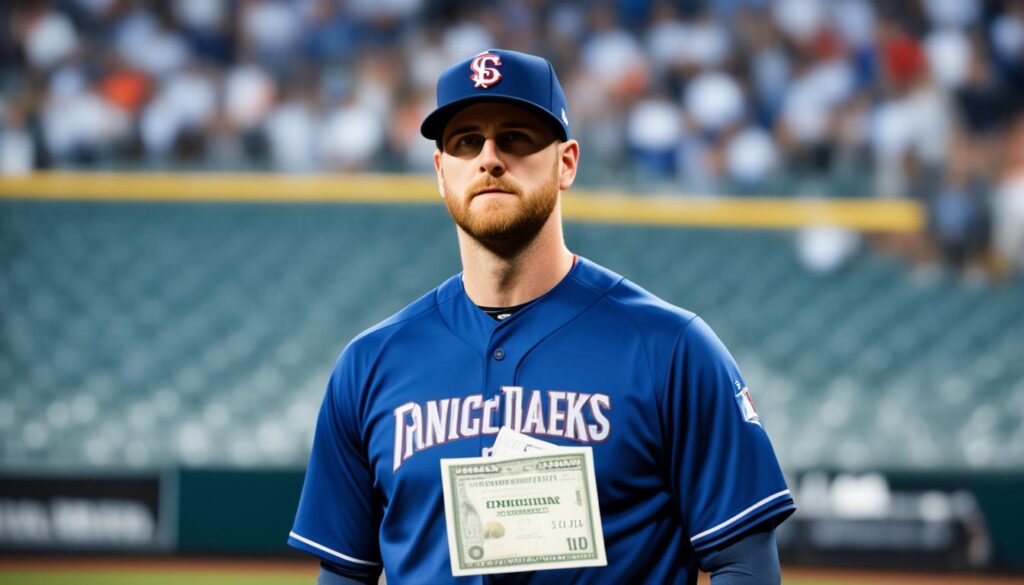
Activism and Advocacy for Improved Salaries
In recent years, there has been a growing awareness and activism surrounding the poor living conditions and low salaries of minor league players. Organizations like More Than Baseball have advocated for a minimum salary of $35,000 per year for minor league players, gaining support from notable figures such as Senators Bernie Sanders and Josh Becker. This increased activism and public pressure have contributed to the positive changes in the collective bargaining agreement and the improved financial conditions for minor league players.
The efforts made by organizations like More Than Baseball have brought attention to the disparity between the earnings of minor league players and their major league counterparts. Through lobbying, grassroots campaigns, and social media awareness, these organizations have highlighted the challenges faced by minor league players, including the inability to cover basic living expenses and the lack of financial security.
Organizations such as More Than Baseball emphasize the crucial role minor league players play in the overall baseball industry and advocate for fair compensation that reflects their dedication and commitment to the sport. They argue that minor league players should be provided with a livable income, enabling them to focus solely on their professional development without worrying about financial instability.
The growing support for improved salaries for minor league players has prompted discussions within the baseball community and among lawmakers. The voice of advocacy organizations and influential figures has been instrumental in pressuring Major League Baseball to address the issue and negotiate better conditions for minor league players.
Influential Figures Supporting Minor League Player Salaries
- Sentor Bernie Sanders – Sanders has expressed his support for fair compensation for minor league players, arguing that it is essential to ensure a level playing field for all athletes and workers in the industry. He believes that the increased earnings for minor league players should reflect their contributions to the sport and the entertainment industry as a whole.
- Senator Josh Becker – Becker has actively supported legislation and initiatives aimed at improving the financial conditions of minor league players. He recognizes the importance of fair wages for these athletes and advocates for policies that promote economic fairness and equality.
“It is crucial that we recognize the hard work and dedication of minor league players and provide them with fair compensation. They deserve to earn a livable income and have access to essential benefits. By valuing the contributions of these athletes, we can create a more sustainable and equitable future for the entire baseball community.” – Senator Bernie Sanders
The support from influential figures like Sanders and Becker has helped raise public awareness of the issue and encouraged more individuals to join the cause. Through their advocacy efforts, they have played a significant role in driving positive change for minor league players.
Impact on Minor League Player Salaries
The collective bargaining agreement negotiated between the Minor League Baseball Players Association and Major League Baseball, influenced by increased activism and advocacy, has resulted in the improved financial conditions for minor league players. While there is still progress to be made, the changes in minimum salaries, additional compensation, and benefits are steps in the right direction.
The increased earnings and improved working conditions allow minor league players to focus on their development and pursue their dream of reaching the major leagues. It also addresses the financial hardships that many players previously faced, enabling them to dedicate themselves fully to their professional careers.
The efforts made by advocacy organizations and influential figures serve as a reminder of the power of collective action in bringing about meaningful change. They demonstrate that, by raising awareness, mobilizing support, and applying pressure, it is possible to improve the livelihoods of minor league players and create a more equitable and sustainable baseball industry.
Conclusion
The recent collective bargaining agreement between the Minor League Baseball Players Association and Major League Baseball represents a significant milestone in improving the financial conditions for minor league players. By increasing minimum salaries and providing additional compensation and benefits, the agreement aims to narrow the earning gap between minor league and major league players, acknowledging the importance of fair wages and improved working conditions for all professional baseball athletes.
The enhanced pay scale established in the agreement addresses the historical underpayment of minor league players, who previously earned salaries as low as $4,800 per year. This increase in earnings provides minor league players with greater financial stability, allowing them to focus on their development and pursue their baseball careers without struggling to make ends meet.
Although this collective bargaining agreement represents a step in the right direction, there is still room for further progress. Continued efforts are necessary to ensure the financial stability and livelihood of minor league players. Activism and advocacy from organizations like More Than Baseball have played a crucial role in raising awareness and driving positive change. It is important to support these initiatives and work towards creating an equitable and sustainable environment for all professional baseball players.
Source Links
- https://www.baseballamerica.com/stories/mlb-minor-league-players-reach-deal-on-first-milb-cba/
- https://www.cbsnews.com/news/mlb-minor-league-contract-approved-players/
- https://en.as.com/mlb/how-much-money-do-minor-league-baseball-players-earn-n-2/

Meet Daniel Anderson, the heart and soul behind Baseball Pro Picks. At 49, Daniel’s life has revolved around baseball, a passion that’s as strong today as it was when he first fell in love with the game. Living in the USA, Daniel has dedicated countless hours to watching, analyzing, and understanding every pitch, hit, and home run, making almost no game missed. His deep-rooted love for the sport is matched only by his commitment to sharing insightful, expert analysis with fellow baseball enthusiasts. With decades of experience and a keen eye for the game’s nuances, Daniel brings a unique perspective that enriches Baseball Pro Picks. Trust Daniel to guide you through the intricacies of baseball with the authority and trustworthiness of a true aficionado.



